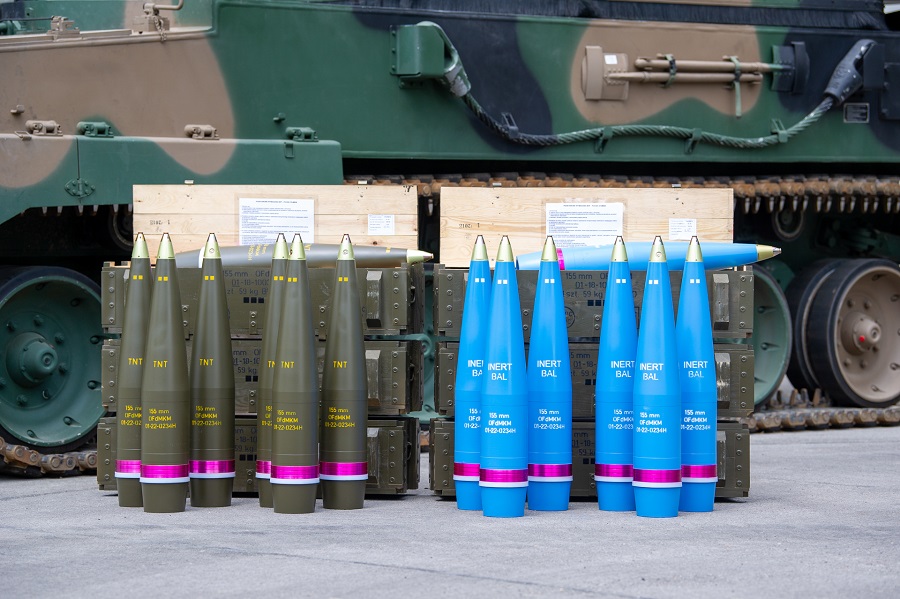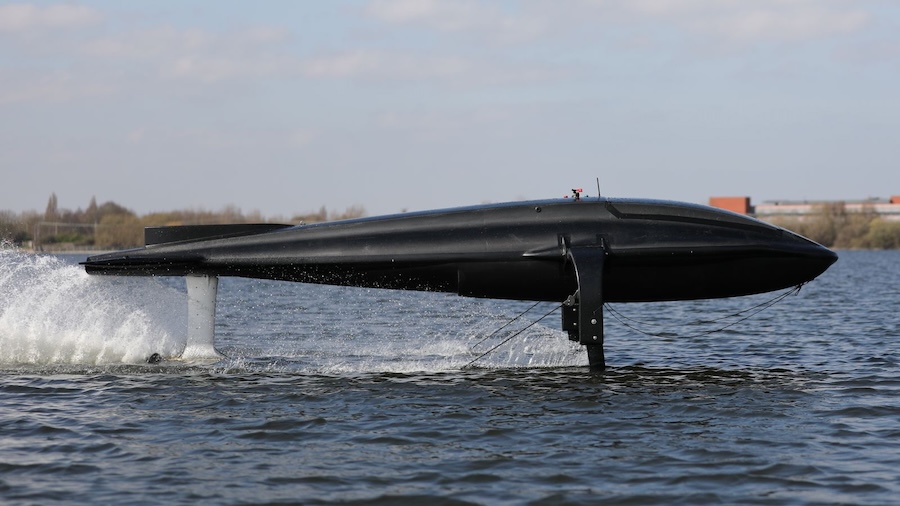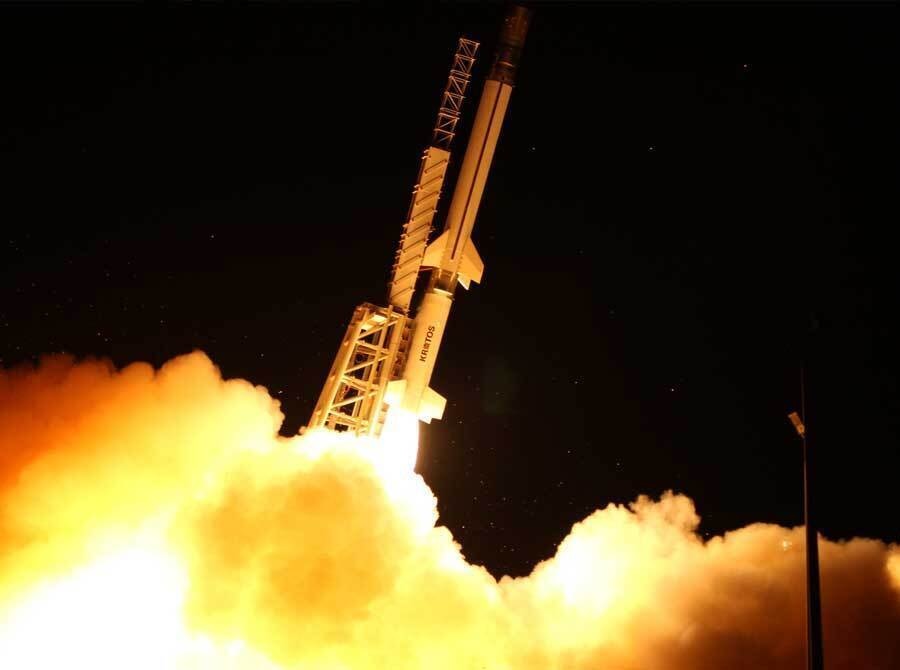“These agreements amount to PLN 2.4 billion. The first funds will be allocated already this month,” said Minister Jaworowski, who added that production under the subsidised activities is scheduled to begin by the end of 2027.
The funding will support a significant increase in annual output of large-calibre ammunition, currently at approximately 20,000 units per year. “Ultimately, we will be able to produce 150,000–180,000 large-calibre missiles,” Jaworowski stated.
According to the Ministry of State Assets (MAP), four PGZ companies—Dezamet, Mesko, Nitro-Chem, and Gamrat—will receive funding to expand or build new infrastructure and technological lines. “Thus, the concept of organising three ammunition factories within the PGZ group will be realised,” the ministry said in a press statement.
The investment will focus on strengthening Poland’s production of essential munitions, particularly the 155 mm calibre, which is currently a key requirement. PGZ submitted four applications to the FIK, totalling PLN 2.4 billion (€565.9 million).
At the end of June, Minister Jaworowski told the Financial Times that Poland would increase its large-calibre ammunition production fivefold, with PGZ receiving the full PLN 2.4 billion for this effort. On 11 June, Prime Minister Donald Tusk told the Sejm that the government aims for Poland to achieve self-sufficiency in primary ammunition types within three years.
PGZ currently operates five ammunition facilities: Mesko S.A. in Skarzysko-Kamienna, Dezamet S.A. in Nowa Deba, Belma S.A. and Nitro-Chem S.A. in Bydgoszcz, and ZPS Gamrat sp. z o.o. in Jaslo.
The legislative basis for the funding was established in December, when President Andrzej Duda signed an act to support increased ammunition production. This act allocated PLN 3 billion (€707.4 million) to the FIK for co-financing investments by both state-owned and private defence companies, with the application period closing at the end of March.




























